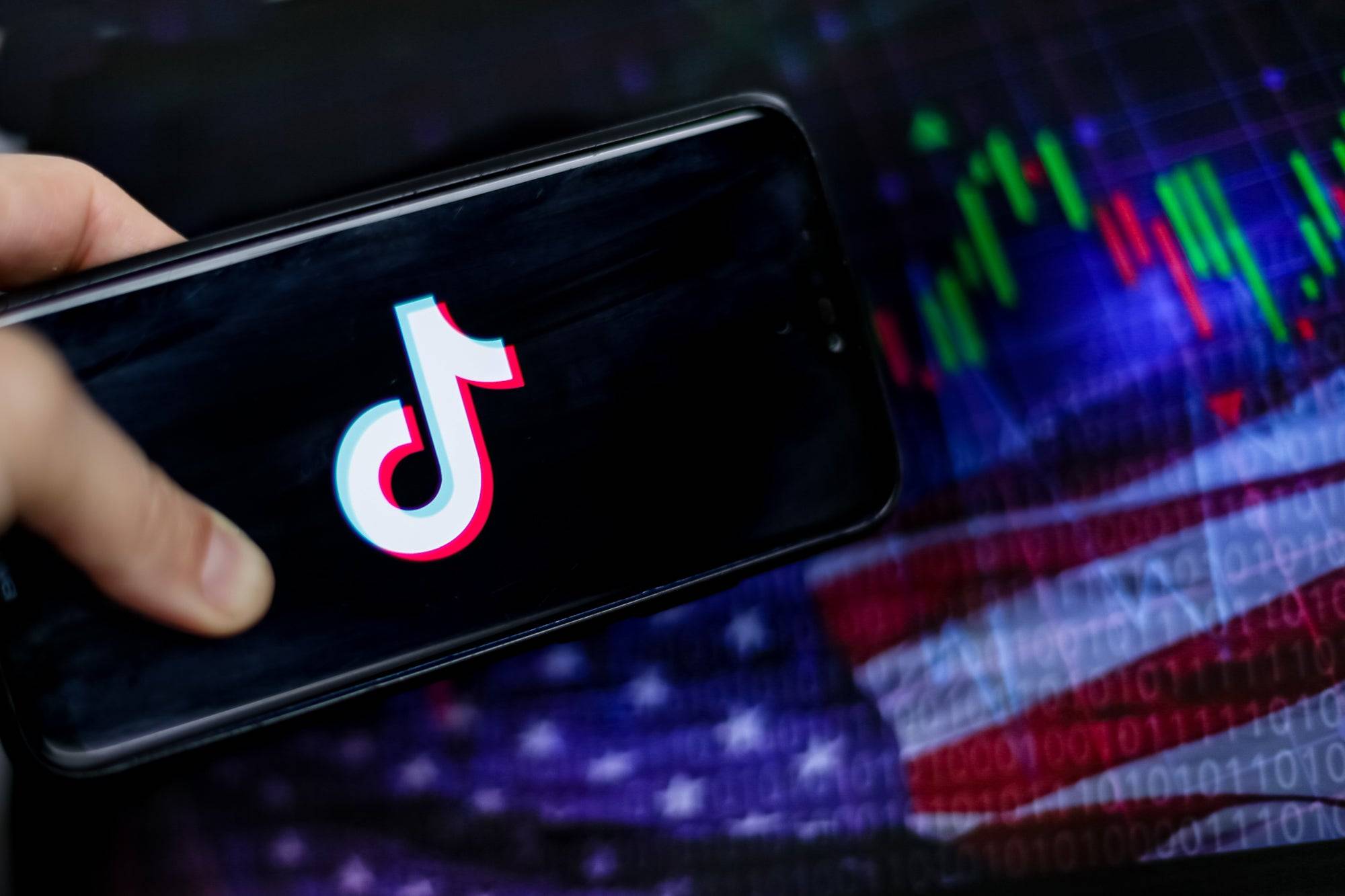The Supreme Court's rejection of TikTok's appeal paves the way for a potential ban on the platform in the U.S., set to take effect on Sunday, January 19th. The court unanimously dismissed TikTok's First Amendment challenge, citing the platform's scale, susceptibility to foreign control, and the vast amount of sensitive data it collects as justifying the ban to address national security concerns. While acknowledging TikTok's significant role in American expression and community, the justices upheld Congress's determination that divestiture is necessary.
 TikTok may go dark in the U.S. on Sunday. Photo by Dominika Zarzycka/NurPhoto via Getty Images.
TikTok may go dark in the U.S. on Sunday. Photo by Dominika Zarzycka/NurPhoto via Getty Images.
Without political intervention, TikTok faces a complete shutdown on Sunday. President Biden's stance favors TikTok's continued operation under American ownership, but the implementation of any action will fall to the incoming Trump administration.
The Supreme Court ruling explicitly stated that while TikTok provides a valuable platform for millions, national security concerns outweigh First Amendment considerations in this case.
Trump, previously opposed to a complete ban, may issue an executive order delaying enforcement for 60-90 days. He has reportedly discussed the matter with Chairman Xi Jinping. The possibility of China selling TikTok to a Western entity remains uncertain, but reports suggest this is being considered. Elon Musk, involved with the incoming Trump administration, is reportedly acting as a potential intermediary for interested buyers, or may even attempt a purchase himself.
In anticipation of the ban, users have migrated to alternative platforms, with Red Note (Xiaohongshu) experiencing a significant surge in new users.
TikTok's future in the U.S. hinges on finding a new owner or facing a complete shutdown, unless the Trump administration intervenes with an executive order.


 LATEST ARTICLES
LATEST ARTICLES 











